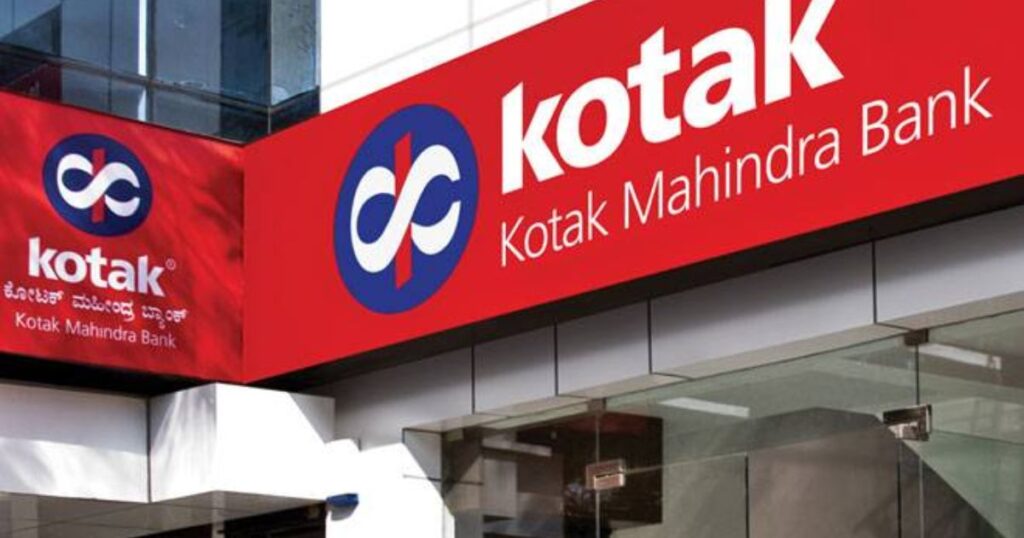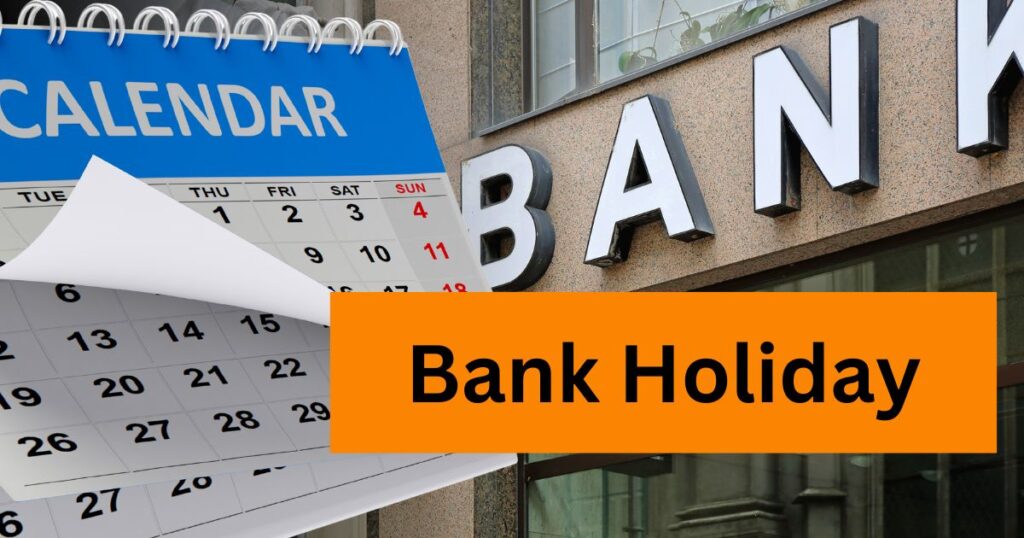A business can hardly ignore the role capital plays in the operations as well as the overall financial health of an enterprise.
One source of capital, a business loan, is thus an often sought after product in the financial market. However, despite the popularity of this credit instrument, businesses fail to get a business loan from banks.
The wide availability of business loans yet the inability for enterprises to get a loan from banks is quite contrasting.
This prompts many business owners to question, “how to get loan from bank for business?“
In an attempt to answer this question, we’ve written a comprehensive blog on how to get a business loan from banks, the types of business loans provided by banks, the eligibility criteria, the relevant documents required for a business loan, and the most important, the process to get a business loan from banks.
And do not forget to check the bonus section for tips to improve your chances of getting a business loan approved from a bank, so you easily fulfill your entrepreneurial aspirations.
Types of Business Loans Offered by Banks
Depending upon the sector or industry your business operates in, banks offer various types of business loans ranging from conventional business term loans to invoice discounting.
Let us look at some of the famous types of business loans provided by banks:
1. Business Term Loan
Business Term Loans are the traditional business loans offered by banks that are repaid through equated monthly installments over a specified repayment tenure.
These are usually offered at either a fixed interest rate or a floating interest rate, and work similar to a personal loan sanctioned without any collateral.

A Business term loan can be of the following types:
1.Short term loans
These are loans taken for a tenure of up to 12 months. These are usually taken for working capital requirements and are referred as working capital loans.
However, some lenders may extend working capital loans for a tenure of upto 36 or 48 months.
2.Intermediate term loans
These are loans taken for a tenure ranging from 2 to 10 years. The interest rate offered on intermediate term loans is usually lower than short term loans.
3.Long term loans
The loan tenure of a long term business loan ranges from 10 to 30 years, usually against collateral. Long-term loans are usually taken for business expansion or debt consolidation.
2. Overdraft Facility
An Overdraft Facility is a type of credit line offered to businesses to borrow money to address their cash flow inefficiencies and other business needs.
In an Overdraft Facility, a business owner does not have to pay interest on the total credit limit sanctioned but only on the amount utilised by them.
3. Equipment Loans
Lenders provide equipment loans to businesses to facilitate equipment purchases or the upgradation of machinery.
4. Loan Against Property
A Loan against property (LAP) is a type of secured loan provided against the property as collateral. Banks usually provide a LAP against residential, commercial, and industrial properties.
Given its secured nature, a LAP usually has attractive interest rates along with a longer repayment tenure.

5. Pre-shipment Credit
Banks, among other financial institutions, provide pre-shipment to exporters for financing purchasing raw materials, manufacturing, packing and exporting of goods.
6. Invoice Discounting
Financial institutions, including banks, provide invoice discounting facilities to businesses which can be really beneficial for small businesses. It is a type of loan wherein credit is provided against the proof of invoices of a business with discounting charges acting as the fees of the financial institution.
7. Letter of Credit
Banks usually provide a Letter of Credit (LC) to exporters in order to ensure smooth settlement of international payments.
It acts as a guarantee for sellers and suppliers and helps with businesses with better terms of trade.
Eligibility Criteria followed by banks
The eligibility criteria to get a loan from banks for your small business may vary from lender to lender, however, the general schema followed is as such:
1. Business Vintage
Banks usually check the years a Business has been in existence.
Banks avoid lending to newly incorporated small enterprises and require businesses to have at least 2 years of Business vintage.
2. Credit Score
A credit score reflects the creditworthiness of a borrower.
For a Business loan, banks usually check the credit score of both the business and the promoters to determine their credit history.
A score above 650 is considered a good credit score and is usually preferred by Banks and NBFCs while determining business loan eligibility.
3. Age of the Applicant
While determining the eligibility criteria for a business loan, lenders usually take into consideration the age of the applicant and the age they would have at the time of maturity of the loan tenure.
Banks usually do not lend to businesses whose promoters are less than 21 years of age, with their age at the time of loan maturity being less than 62 years of age.
In addition, lenders may put forth the requirement that the business owner must be associated with the existing business for a certain time period.
4. Business Turnover
Enterprises with a turnover of less than INR 40 lakhs find it hard to get a business loan from banks. A good business turnover depicts the repayment capability of the borrower, in turn making the terms of business loans attractive for the borrowers.
5. Business Profits
One of the key determinants of whether you can get a loan from a bank for your business is whether your business is profitable or not.
Financial Institutions. including banks use the profits of your business as one of the factors to determine your business loan eligibility.
Documents required for a Business Loan
Banks may have different requirements when it comes to the relevant documents for facilitating a business loan. However, banks usually seek the following documents for a business loan:
1. KYC Documents
- Entity Proof of the business, including Partnership deed/Certificate of Incorporation/Shops or Establishment certificate.
- A copy of PAN Card of the business, Promoters, and guarantors (if any).
- Address Proof of the business, Promoters, and guarantors (if any).
2. Financials
- Past 3 years Audited Financials (Balance Sheet and Profit and Loss Account)
- Past 2 years ITR along with the Computation of Income audited and certified by a CA.
3. Bank Statements
Bank Statements of the past 1 year..
How to get a Business Loan from a Bank
To get a Business Loan from a Bank, you can follow the following steps:
1. Determine your Business requirements
The first and foremost step to get a business loan from a bank is to determine how much loan amount is needed, along with the type of loan required.
The loan type required for a business depends upon the nature of the business and the business goals.
For example, to fulfil pending orders, working capital business loans, invoice discounting, or dealer financing might be the suitable option.
Similarly, in absence of assets to be provided as collateral, unsecured business loans may be the suitable option.
For equipment purchases, an equipment loan is the preferred option.
2. Research about the lenders
Once you have determined the business requirements and the type of loan required, you must check the types of business loans offered by banks along with the repayment tenure offered on those loans.
Many lenders have different types of loans for varying entity types.
Thus, there may be varying loan terms for self-employed professionals, for self-employed non-professionals, for private limited companies, and for public limited companies.
This makes it important to compare lenders while applying for a business loan, especially if you have a small business so you can get a credit option best suited to your business goals.
You can either visit the nearest branch of a bank to inquire about the schemes or loans offered for your entity type, or you could visit the OneNDF website and register using your mobile phone to match with lenders offering a business loan to your enterprise.
3. Get your finances in order
Whether or not a business can get a business loan depends upon the financial health of a business, its repaying capacity, and its credit history.
Thus, ensuring that the financial health of your business is in place is pertinent to increase the chances of your approval before starting the loan application process.
To determine your repaying capacity, banks usually check your credit score, which is a score allotted to you by credit bureaus based on your credit history and repayments on previous loans.
Your credit score can impact the interest rate of your loan and the terms offered to you by the bank.

In addition, they also check certain key financial ratios to gauge the financial health of your business.
However, the criteria used by banks to decide whether a borrower is creditworthy or not is often opaque and businesses do not have an idea on why their application was rejected.
To address this issue, OneNDF acts as a holistic solutions provider for SMEs by allowing them to generate a Business Health Report and check their credit score for free so businesses can improve their bottom line and in turn get easier access to credit on attractive interest rates.
The visibility of their financial health helps businesses to meet all the eligibility criteria set forth by the lenders through capital restructuring or consolidating any outstanding loan amount.
4. Apply for a Business Loan
Once you have found a suitable lender, you can initiate the online application process of your loan through OneNDF.
You can check in real-time about the status of your loan application form and apply for other loan types through the platform.
5. Accept Loan offer
Once you’re matched with a lender, you’re offered a loan offer for acceptance.
The loan offer usually includes the terms of the loan, including but not limited to the interest rate, the repayment period, repayment options, documentation charges, processing fees, and other applicable taxes.
Once the loan offer is accepted, the sanctioned loan amount is credited to your bank account by the lender.
Conclusion: 3 Tips to how to get loan from bank for business
Any business owner who is wondering how to get loan from bank for business easily can follow these 3 tips:
1. Improve your Credit Score
Banks heavily rely on credit score to determine your creditworthiness, especially for an unsecured loan with no collateral. Thus, improving your credit score is the easiest way to increase your chances of a business loan from a bank.
To improve your credit score, you can follow the steps mentioned in our comprehensive blog on ‘How to improve your CIBIL score from 600 to 750‘.
2. Focus on your Business Plan
Banks sanction business loan based on your repayment capacity and projected revenue in future. Thus, it is important to have a solid business plan if you want to establish the trust for a lender to give you a business loan.
This point assumes more significance for a small business seeking a small business loan since such enterprises have low business vintage and the sanctioning of credit is often reliant upon the proposed business plan.
3. Meet the documentation requirements
One of the major reasons why an application for a business loan is lack of required documents.
Thus, it is advisable for businesses to have a proof of business, audited financials, previous years’ banking statements, GST registration certificate, UDYAM certificate, and other KYC documents while applying for a business loan.
By acting on these 3 tips, businesses can get a business loan from leading banks at an attractive interest rate.
FAQs
What is the procedure to get business loan from bank?
The procedure to get a business loan from bank is as follows:
- Determine your financial requirements, the type of business loan you require, and the loan amount required.
- Research about the lenders and the loans offered by them along with the eligibility criteria.
- Check for the terms of the loans including the repayment tenure, the interest rate, the processing fee and and applicable taxes and compare it with loans offered by other banks.
- Apply for the loan by either visiting their nearest branch and filling the application form or through the OneNDF website and provide the documents required.
- Once the application is accepted, the sanctioned loan amount is credit to your bank account.
How much bank loan can I get for business?
Major leading banks usually provide a business loan upto INR 50 lakhs to a borrower. However, the loan amount can increase if you provide collateral, like a property.
In that case, the loan amount you can get would depend upon the market value of your property, the nature of your property (whether residential, industrial, or commercial), the LTV ratio, and any other policy of the bank.
Is bank loan good for business?
A bank loan can be beneficial for small businesses and their growth.
While a term loan can help enterprises expand their business, a working capital loan can help businesses optimise their cash flows and provide timely payments to suppliers.
In addition, the interest paid on business loans is tax deductible, which helps businesses decrease their tax liability.
Which private bank is best for business loan?
Leading private banks for business loans are HDFC Bank, ICICI Bank, Axis Bank, and Standard Chartered Bank among others.
















